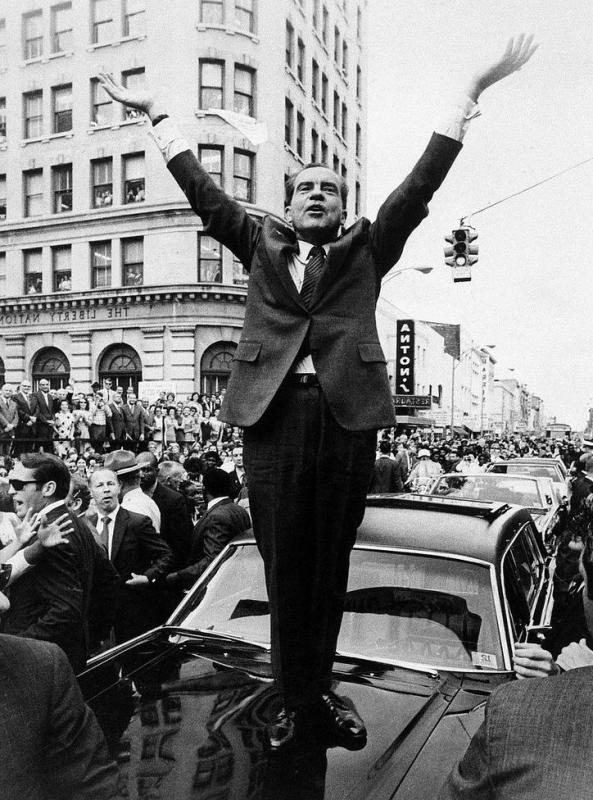At WiseGEEK, we're committed to delivering accurate, trustworthy information. Our expert-authored content is rigorously fact-checked and sourced from credible authorities. Discover how we uphold the highest standards in providing you with reliable knowledge.
What Made January 1973 Such a Momentous Month in U.S History?
Many historians see January 1973 as a turning point for America. In particular, three momentous events occurred on January 22nd of that year. That was the day Henry Kissinger traveled to Paris to bring the Vietnam War to an ignominious end. It was also the day the U.S. Supreme Court paved the way for abortion rights with its Roe v. Wade decision, a ruling that still polarizes America today. And January 22, 1973 marked the end for 36th president Lyndon Baines Johnson, the civil rights champion of 1964, who suffered a deadly heart attack on his ranch in Texas.
More major 1973 milestones:
- Also in January 1973, five defendants – including high-profile political operatives G. Gordon Liddy and James McCord – pled guilty at the Watergate burglars’ trial, presided over by Judge John Sirica.
- Richard Nixon was inaugurated for his second term on January 20, 1973. In his speech, he urged Americans to ask "not just what will government do for me, but what can I do for myself?” – considered the unofficial start of the "Me Generation."
- The Roe v. Wade ruling drew an indelible line between ideologies. Every year on the days around January 22 – for nearly 50 years now – Washington, D.C. is filled with anti-abortion protesters participating in the March for Life.
AS FEATURED ON:
AS FEATURED ON:











Discuss this Article
Post your comments